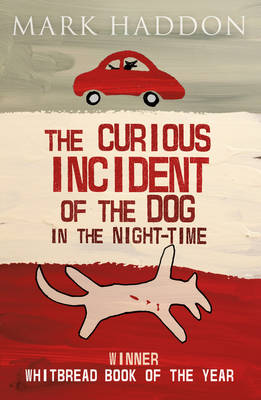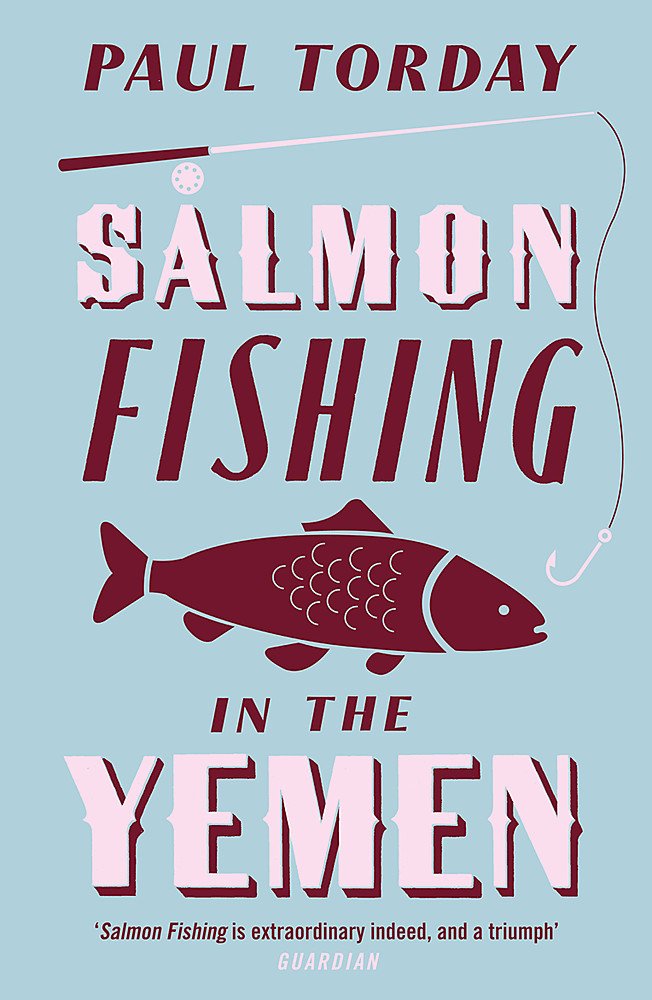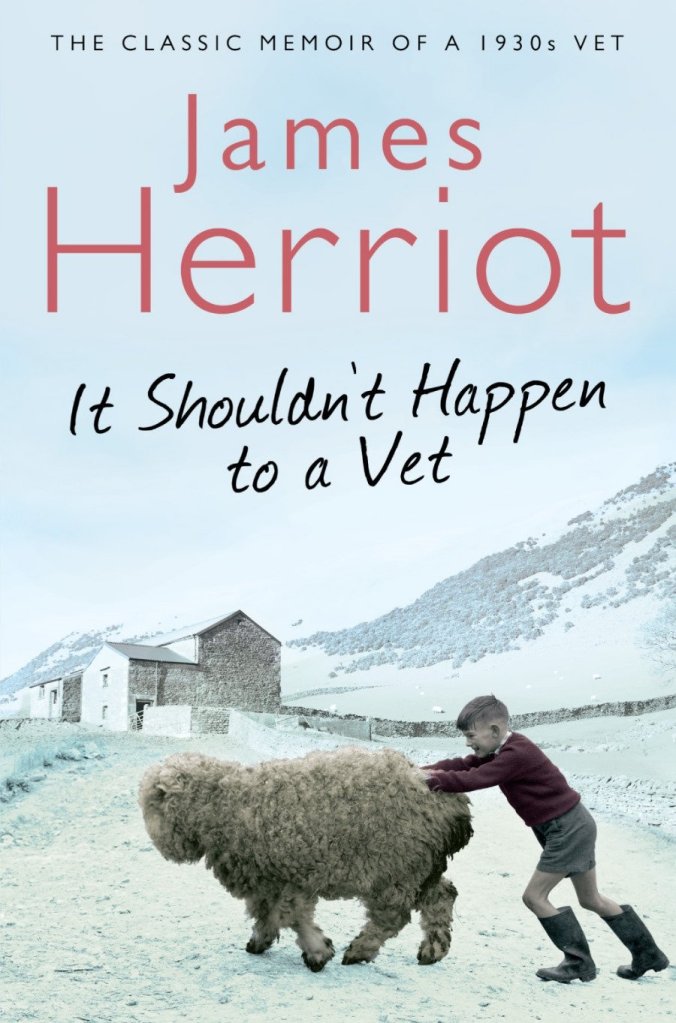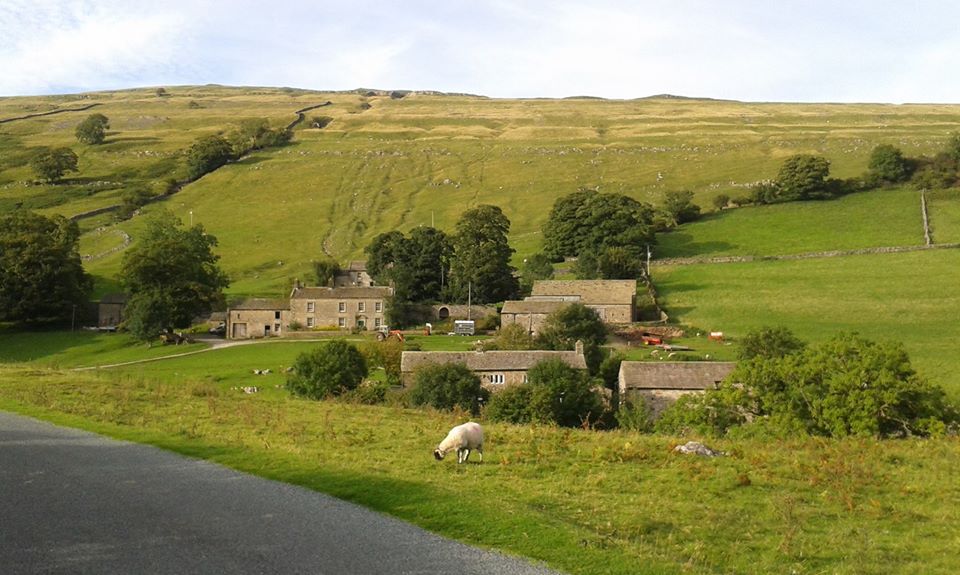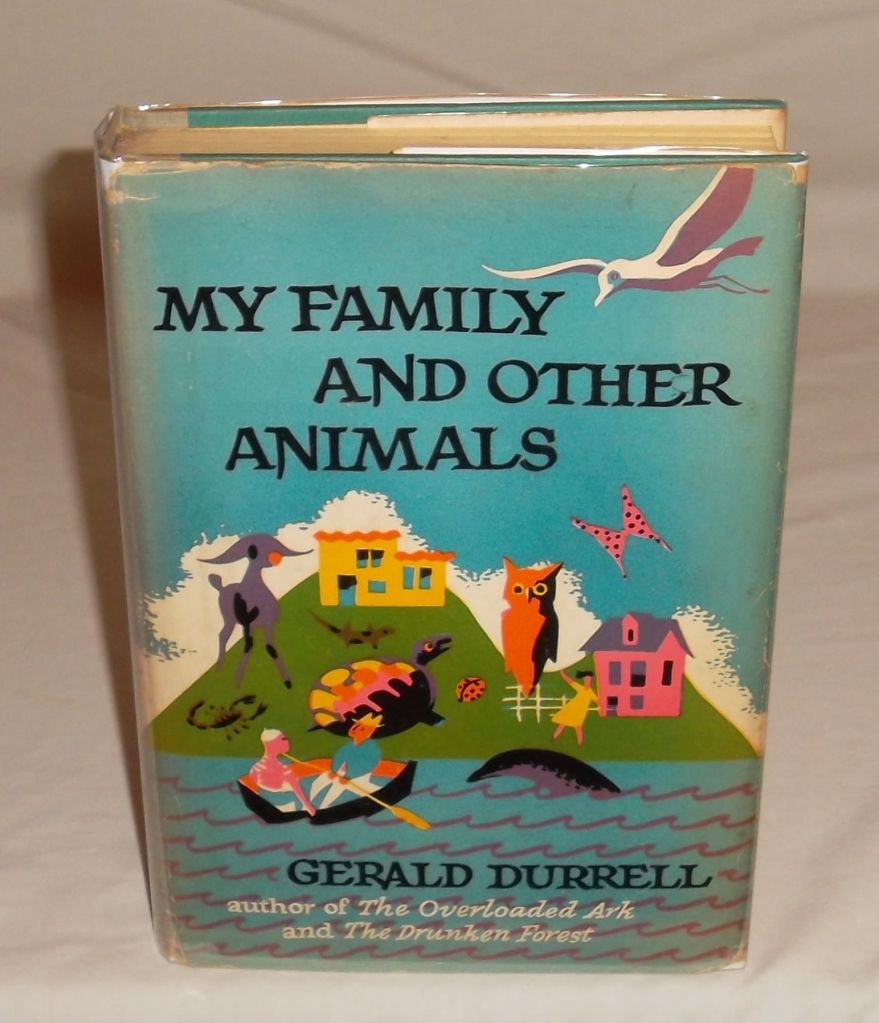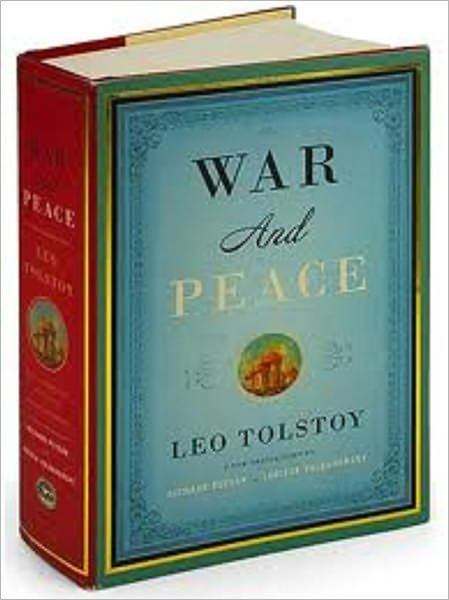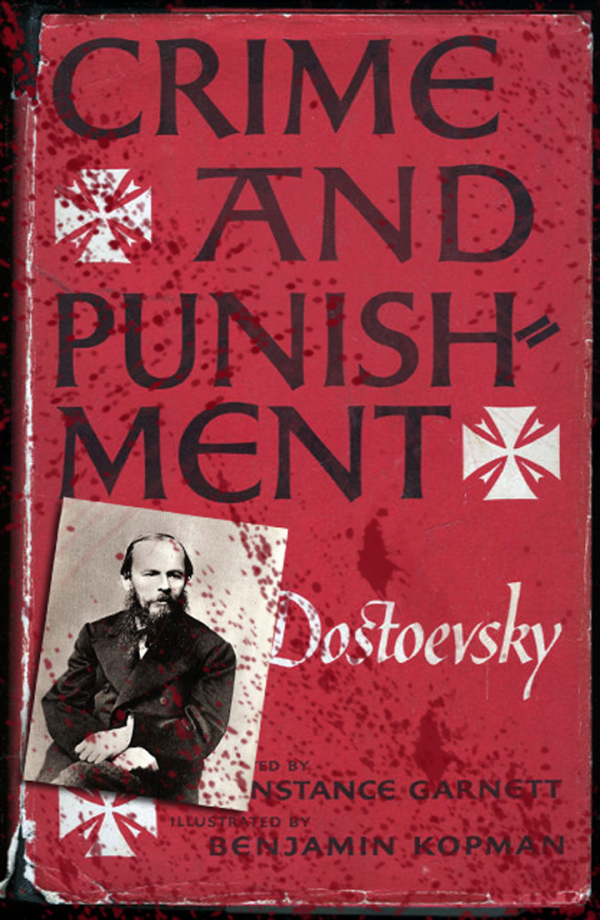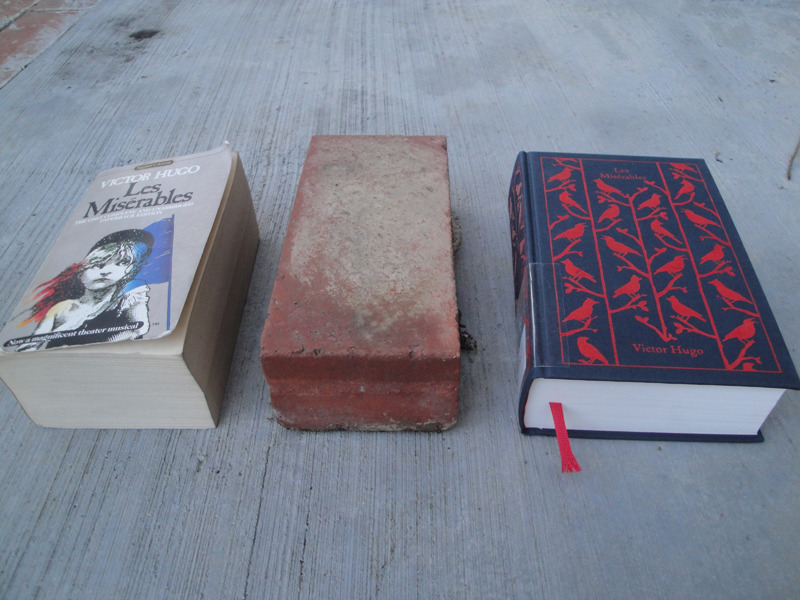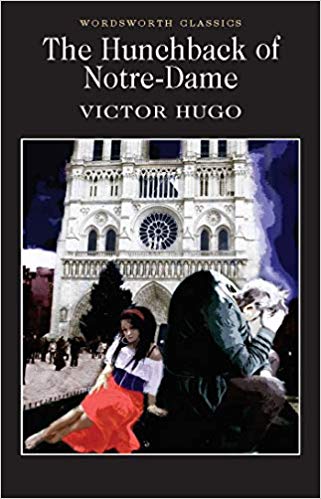Just trying to be helpful.
Simply because I love writing, or should that be, because I mainly exist in a world of my own imagination’s making, I occasionally look up the Opportunities page of the BBC Writer’s Room website. Sometimes there is a call for short plays from various theatre groups. Generally these have to be about ten minutes long and have a minimal cast and props etc. It’s a good idea to encourage new writers, and every now and then I decide to have a go.
I do love the theatre. Well I know what I like. The obvious names are there of course, Shakespeare, Chekhov, Wilde… to name a few but it’s a good list, including some modern stuff too.
My first submission, The Raw Bond, was sent several years ago and for a first attempt I’m still rather pleased with it. Of course I will never get halfway to the stage of those I’ve listed above (do you see what I did there?), but I can be inspired.
Having gone through them recently I noticed how, in at least three of the seven plays, the characters are experiencing some kind of lockdown. I say this because I think there might be a few people writing about lockdown now so it’s not exactly a unique idea. I just wanted to say I these were written before, sometimes years, we had any idea we would actually get one.

Curfew is about exactly that. Two tourists end up sharing a dorm in a hostel in a post war country when a curfew is announced. Breaking The First Wall was an observation about how we’ve ended up using a small tablet as our window on the world to the point it does nearly everything for us and therefore negating the need for many other items and reducing the need for us to actually leave our homes – it’s strange how much this is relevant now I wrote it in late 2017 (and ironic as I’m now offering the book as an ebook). Shelter Me is the short about the first few days trapped in a bunker.
These calls for scripts inevitably get hundreds of submissions for only a very few places (sometimes less than five) and as I’ve only sent in a handful I’ve yet to be selected. That doesn’t mean I’m not proud of the works I’ve put forward. In those hundreds that were turned down I’m sure there were many good plays.
Freed from prose (I do like writing in prose) I discovered writing scripts has its own challenges; for example filling in background information via realistic speech rather than just saying it in the text. It was nice to discover a whole new way of writing and all the problems that come with it.
What I also discovered was that I had found a home for some ideas that I knew I couldn’t make a novel out off. Rather than just wedge them into a plot somewhere I found they could breath and be more focused at the same time by just being a short play in their own right.
For example The Tragedy Of Queen Alexia came about by listening to Natalie Haynes Stands Up for the Classics on BBC Radio 4. In the episode on Euripides she retells the play Medea and is amazing. Inspired by how miserable it is I decided to see if I could have a go at a short play based on Greek tragedy, and to see how miserable I could go. I don’t know exactly how accurately I’ve kept to the rules of Greek theatre (before anyone says it I know The Chorus are not speaking in proper metre), I’m not an expert, I’ve only seen a few of them and I was also going for short and minimal.
Therefore I’ve built up a small stash of these scripts. I’d like them to see the light of day so they’ve been published on a few websites over time. A while ago I put my favourites together in this anthology of short plays and published it on Amazon.
This weekend (2nd and 3rd May 2020 – from 08:00 Saturday GMT) I’ve decided to make the ebook free (normally £1.99).
I am not a professional playwright so this is a learning curve for me, I know the scripts are not perfectly presented for theatre use. However I enjoy reading published theatre scripts for pleasure and I hope you will enjoy these. Just click on the picture of Scene From My Mind in the sidebar, or on the link below, to be taken to the site where you can download the Kindle version for free.
Buy Scene From My Mind by Arthur Hofn
Follow My Blog
Get new content delivered directly to your inbox.

